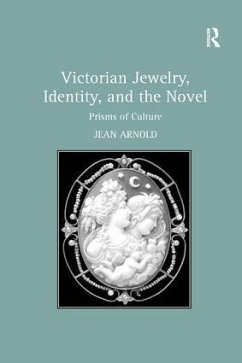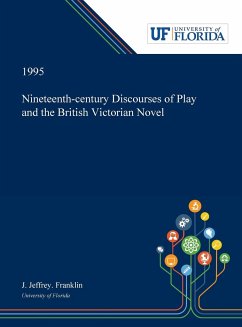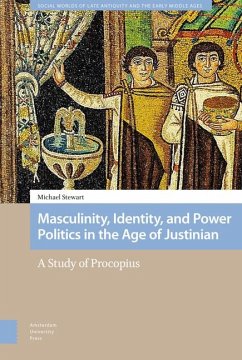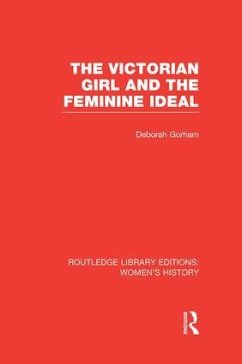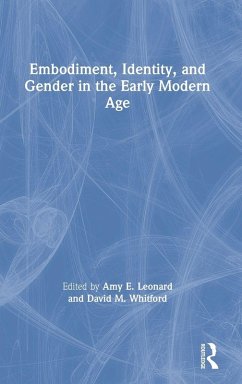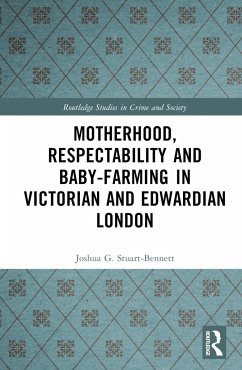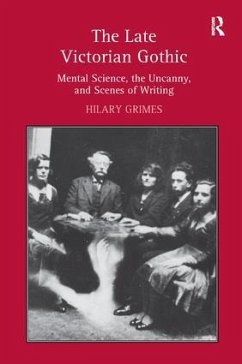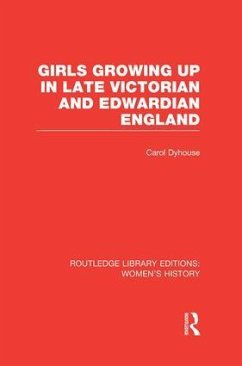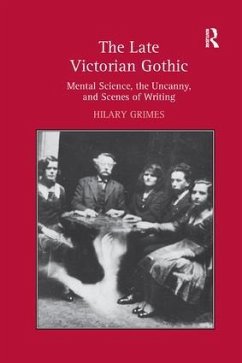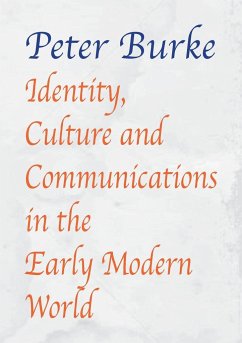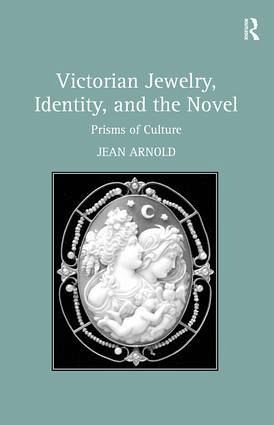
Victorian Jewelry, Identity, and the Novel
Prisms of Culture
Versandkostenfrei!
Versandfertig in 1-2 Wochen
176,99 €
inkl. MwSt.
Weitere Ausgaben:

PAYBACK Punkte
88 °P sammeln!
In this study of Victorian jewels and their representation, Jean Arnold explores the role material objects play in the cultural cohesion of the West. Diamonds and other gems, Arnold argues, symbolized the most closely held beliefs of the Victorians and thus can be considered "prisms of culture." Mined in the far reaches of the empire, they traversed geographical space and cultural boundaries, representing monetary value and evoking empire, class lineage, class membership, gender relations, and aesthetics. Arnold analyzes the many roles material objects fill in Western culture and surveys the c...
In this study of Victorian jewels and their representation, Jean Arnold explores the role material objects play in the cultural cohesion of the West. Diamonds and other gems, Arnold argues, symbolized the most closely held beliefs of the Victorians and thus can be considered "prisms of culture." Mined in the far reaches of the empire, they traversed geographical space and cultural boundaries, representing monetary value and evoking empire, class lineage, class membership, gender relations, and aesthetics. Arnold analyzes the many roles material objects fill in Western culture and surveys the cross-cultural history of the Victorian diamond, uncovering how this object became both preeminent and representative of Victorian values. Her close readings of Wilkie Collins's The Moonstone, George Eliot's Middlemarch, William Makepeace Thackeray's The Great Hoggarty Diamond, and Anthony Trollope's The Eustace Diamonds show gendered, aesthetic, economic, fetishistic, colonial, legal, and culturally symbolic interpretations of jewelry as they are enacted through narrative. Taken together, these divergent interpretations offer a holistic view of a material culture's affective attachment to objects. As the assigned meanings of jewels turn them into symbols of power, personal relationships, and valued ideas, human interactions with gems elicit emotional responses that bind the materialist culture together.




